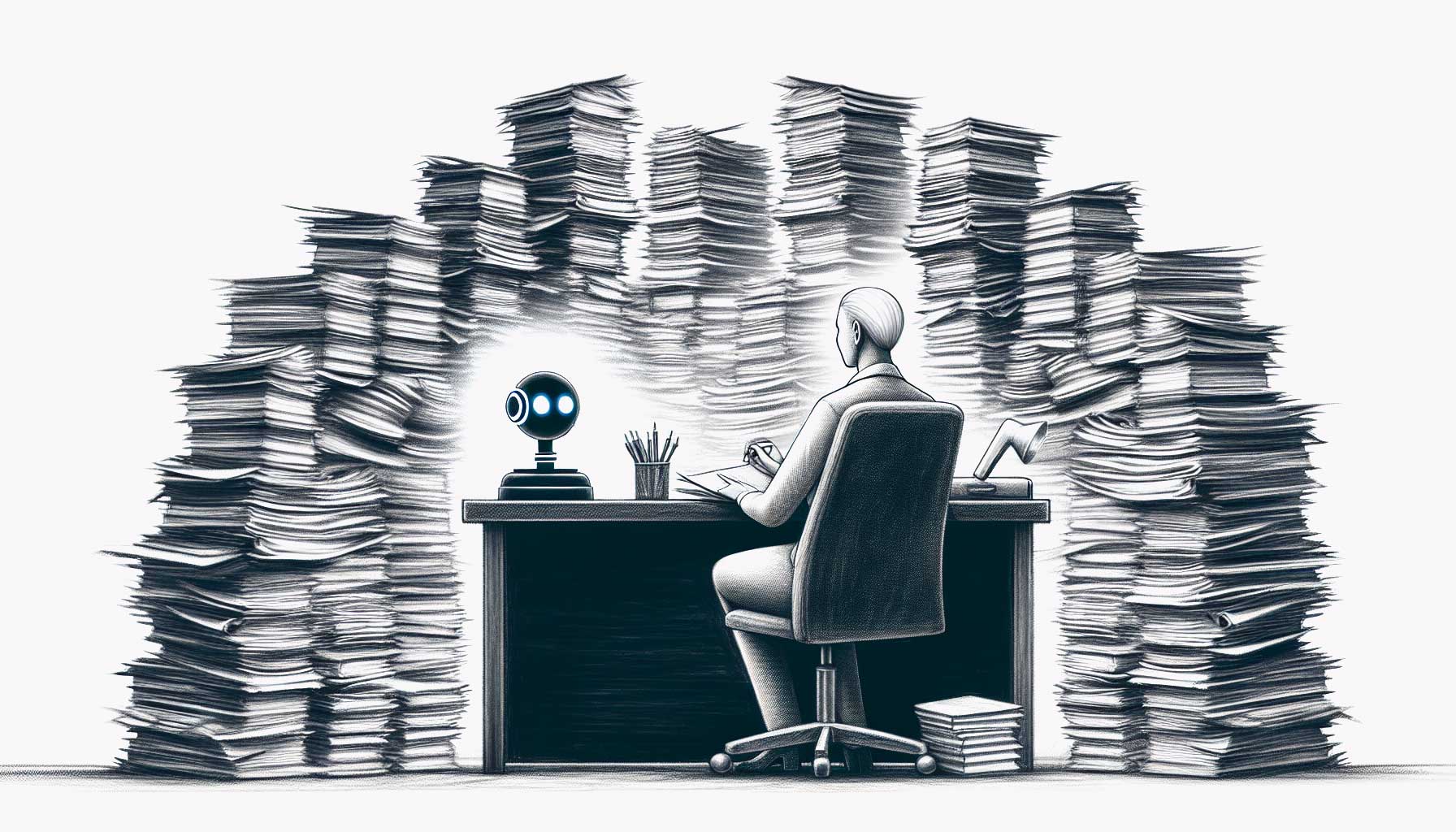Why law firms should partner with Legal Tech
Key considerations for law firms when evaluating and partnering with legal technology companies.
For centuries, the practice of law has been built on partnerships - between attorneys, with clients, across firms. Now, as artificial intelligence transforms legal practice, successful firms are expanding these partnerships into the technology realm. The most innovative firms recognize that mastering AI requires more than just purchasing software - it demands deep collaboration with technology experts who understand both the capabilities and limitations of these tools. By partnering with specialized legal technology teams, firms gain access not just to cutting-edge tools, but to the expertise needed to implement them effectively and ethically in legal practice.
The evolution of legal services in the digital age
The legal profession stands at a pivotal moment where traditional legal workflows intersect with transformative technology. Legal tech companies and generative AI are revolutionizing everything from contract management to legal research to deposition summaries , fundamentally changing how legal teams operate. For law firms and corporate legal departments, the question isn't whether to embrace these changes, but how to do so effectively while maintaining the highest standards of legal services and integrity.
According to Thomson Reuters' 2023 State of the Legal Market Report , law firms that strategically invest in and partner with technology providers see higher technology ROI compared to firms taking an ad-hoc purchasing approach. This shift is reshaping how lawyers handle legal documents, manage intellectual property, and serve their clients.
Security, compliance, and the partnership advantage
The legal tech industry has evolved to meet the stringent requirements of legal professionals. Modern legal startups understand that handling sensitive legal information demands enterprise-class security protocols. Through strategic partnerships, law firms can leverage sophisticated document management systems and legal workflow solutions while maintaining strict control over client data and confidential information.
The rise of AI solutions has particularly impacted areas like litigation and routine-but-tedious document generation . Small businesses and corporate clients alike benefit from these advancements, as legal work becomes more streamlined and accessible. CaseMark and other innovative platforms are helping legal departments transform repetitive legal processes into efficient, automated workflows while maintaining the crucial human element that defines excellent legal practice.
For the legal profession, technology partnerships represent both operational efficiency and innovation. From enhanced case law analysis to sophisticated contract automation, these collaborations are enabling legal experts to focus on high-value activities while technology handles routine tasks. Legal teams that embrace these partnerships find themselves better equipped to handle complex legal cases, manage straightforward contracts like real estate transactions, and navigate the intricacies of modern legal practice.
The path forward: embracing partnership in the age of legal innovation
The legal industry stands at a crossroads where tradition meets transformation. The firms that will thrive aren't those with the biggest technology budgets or the most cutting-edge tools - they're the ones that understand partnership as both an ancient art and a modern imperative. As artificial intelligence continues to reshape legal practice, success will increasingly depend not on what technology you have, but on the strength and depth of the alliances you forge with those who create it.
The most successful firms have already recognized this truth: you don't need to become a technology company to harness technology's power. Instead, by fostering deep partnerships with legal technology providers, firms can focus on what they do best - practicing exceptional law - while leveraging the expertise of those who specialize in innovation. In doing so, firms aren't just adopting new tools; they're building the collaborative foundations that will define legal excellence in the digital age.





